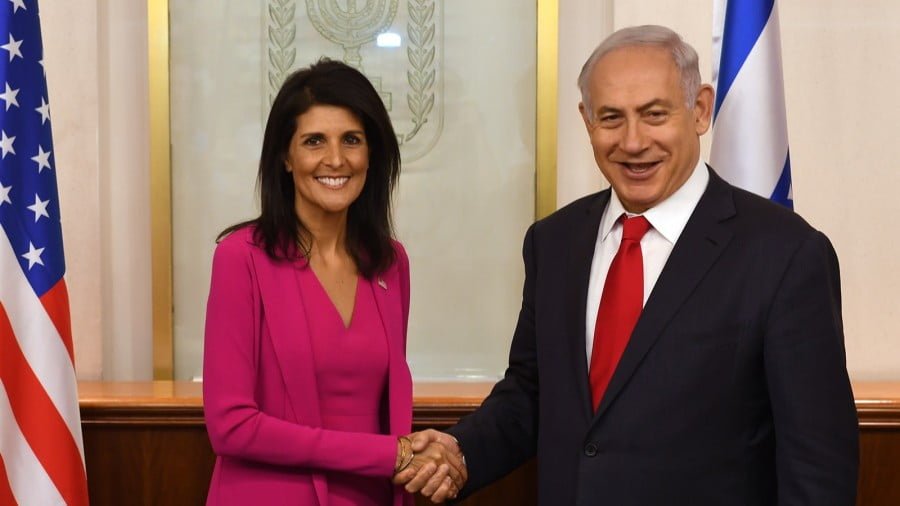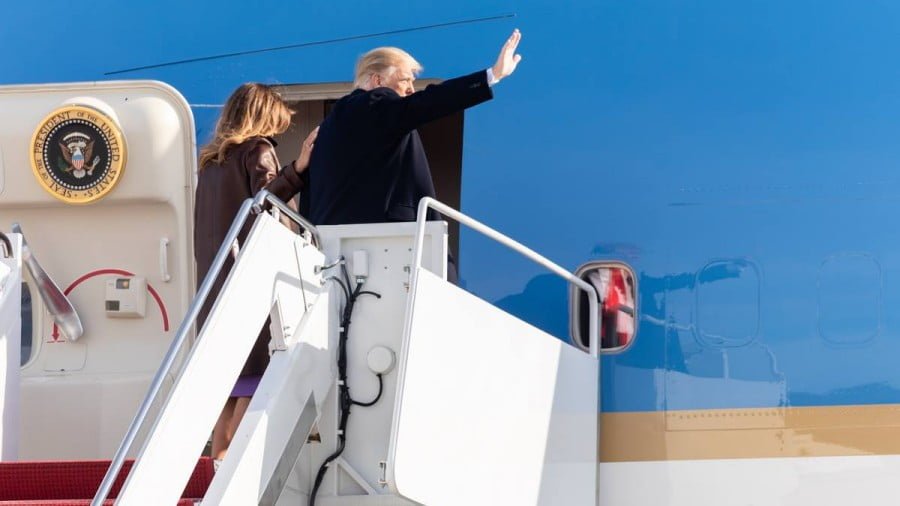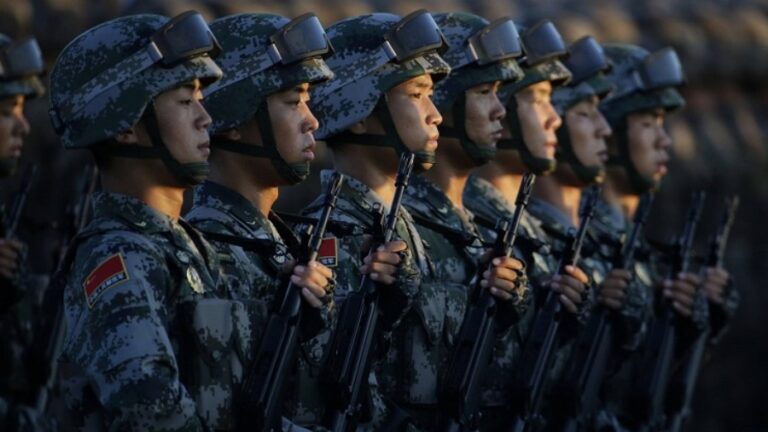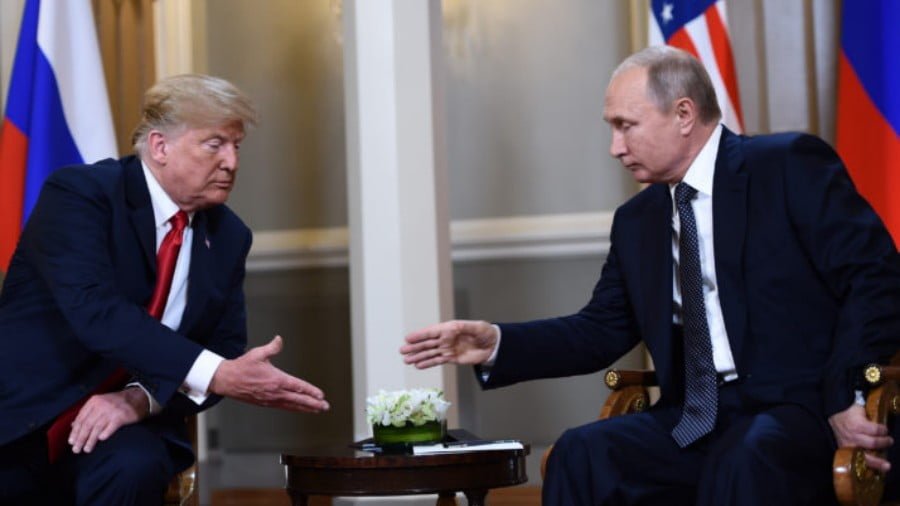Sheikh Imran Hosein Shares his Vision of Contemporary World
Sheikh Imran Hosein is a distinguished Islamic scholar, author of many books, expert in Islamic eschatology, international politics and finance, and contemporary socio-economic and political issues. In his work, the sheikh emphasizes Islamic spirituality, ihsan, in the absence of which all knowledge would be confined to the mere perception of worldly reality. The principal themes upon which he discourses are the nature of being, relationship to God and the interrelationship of the three major monotheistic faiths, the Messenger Muhammed (s.a.v.s.) and his teaching, and the nature of contemporary Western society with its deleterious impact on other civilizations and cultures.
Sheikh Imran Hosein has pioneered revolutionary interpretations of the Kuran and the hadises, paving the way for generations of Islamic scholars to come. With all the instruments at his disposal he attempts to educate not just Muslims and Christians, but everyone, as far and as wide as his voice reaches. His success is based on the application of the correct methodology that he has received from his teacher, Maulana al-Asnari, which he has developed and applied further to the issues of major concern for the contemporary world.
The focal point of sheikh Imran Hosein’s study is eschatology, the religious teaching about the end-times and the ultimate fulfillment of the respective visions of each of the three great monotheistic faiths, with regard to the conclusion of mundane history. Judaism and Christianity have well-developed and even sophisticated eschatological teachings, but until recently Islam in that regard has been lagging behind. Under the inspiration of his revered teacher Maulana Al-Asnari, sheikh Imran Hosein has laid the foundations of an Islamic eschatological philosophy based, naturally, on the precepts of the Kuran and the relevant hadises. Surprising as it may appear, no Islamic scholar before him had ever approached this important and delicate subject in a systematic manner. Taking into account the sheikh’s numerous books and lectures on this subject, it is accurate to say that he has elevated Islamic Eschatology to the rank of a new branch of knowledge within the broad system of Islamic theology. It would not be extravagant to also add that he is now the world’s leading authority on this fascinating subject.
As a teacher of true, traditional Sunni Islamic doctrine, ennobled with the mystic aura of Sufism, sheikh Imran Hosein has acquired a wide following throughout the world of Islam, and beyond. Islam is an exception among the great monotheistic religions in that it has five vibrant major schools, but no central teaching authority or arbiter in matters of religious doctrine. For that reason, and in order to safeguard his co-religionists from the malevolent enticements of erroneous interpretations of their faith, which are often manipulated to serve purposes opposite to its original inspiration and intent, sheikh Imran Hosein places particular emphasis on the development of a proper methodology of doctrinal interpretation. Methodology may therefore be said to constitute the heart of his approach, as he quite correctly maintains that without proper guidelines, grounded in an intellectually rigorous scrutiny of religious texts, no consistent and viable doctrine can possibly emerge.
Confronting head-on the clash of civilizations narrative and boldly disputing the legitimacy of intolerant and extremist schools of thought within the world of Islam, sheikh Imran Hosein is a strong advocate of solidarity between the followers of the three monotheistic religions, Islam, Christianity, and Torah Judaism. Based on his reading of the Kuran and certain hadises, sheikh Imran Hosein is, in particular, a champion of «friendship and alliance» between Muslims and Orthodox Christians. Over the centuries, and during the preceding decades with particular brutality, these two religious groups have been victims of the plundering and conquering ambitions of that portion of mankind that is most frequently referred to as the West. The latter’s main tools of oppression, in the sheikh’s mind, are the world banking and monetary system and NATO. He perceives in that part of mankind the operation of the evil forces of Gog and Magog (Yajuj and Majuj), familiar from the Islamic and other monotheistic eschatologies. By contrast, it is in the form of Eastern Christianity, with its historic roots in Byzantium (to which almost certainly reference is made in the thirtieth Sura of the Kuran, Ar-Rum), which is presently established in Russia, that sheikh Imran Hosein perceives the Empire of Ar-Rum. He regards it as a force for the good, with respect to which the Messenger Muhammed prophesied to his followers thus: «You will conclude an alliance with Ar-Rum».
As a student of geopolitics with a keen eschatological perspective, sheikh Imran Hosein is an attentive and approving observer of Russia’s dynamic and increasingly assertive role in international affairs.
Advocacy of friendly relations and alliance between Muslims and Orthodox Christians by an Islamic scholar of such renown and depth of knowledge as sheikh Imran Hosein, and the interest that he has also displayed in the conditions that prevail in Serbia and the Balkans, should have the beneficial effect of facilitating improved relations between Muslims and Orthodox Christians in that volatile part of the world.
The sheikh’s stance as a reconciler and peacemaker – while earning him affection and respect in many quarters – has made him also a figure of controversy elsewhere. Paradoxically, the latter seems to include some segments of the Islamic community because on many points the sheikh’s insistence on unadulterated traditional Islam clashes with key contemporary political agendas.
I had the honor and the pleasure of conducting this conversation with sheikh Imran Hosein at his retreat on the island of Tobago, in March of 2017.
By Stephen Karganovic
Source: Strategic Culture







